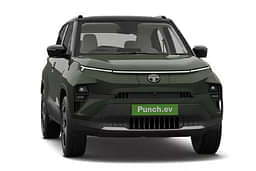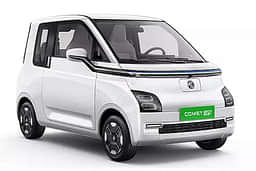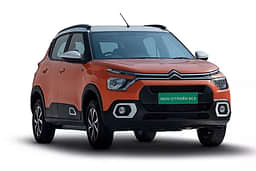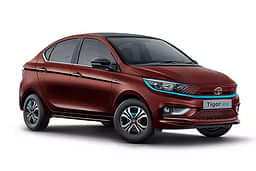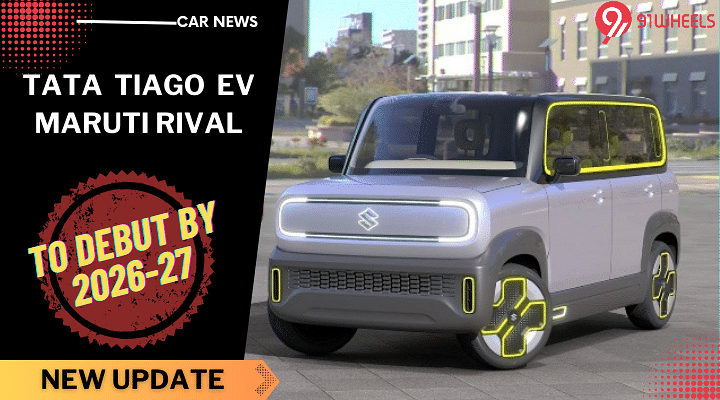
KEY HIGHLIGHTS
- Maruti to enter small EV cars segment
- To launch a rival EV to the Tata Tiago EV
- Expected to hit showrooms by 2026-27
Maruti Suzuki plans to bring innovation to the compact vehicle segment with the introduction of a new electric hatchback expected by 2026-'27. This hatchback is anticipated to draw inspiration from Suzuki Motor Corporation's eWX concept unveiled at the Japan Mobility Show in 2023. Positioned as a contender against the current market leader, Tiago EV, Maruti Suzuki aims to attract a significant share of first-time electric vehicle buyers.
Now, before we take a look at the details in this section, make sure you join our Whatsapp Group Community of petrolheads to find out more exciting stuff about the Auto world.
Tata Tiago EV Set To Face A Rivaling Maruti EV By 2026-27
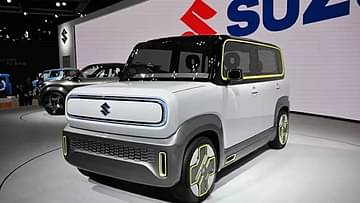
Leveraging insights gained from the Wagon R EV project, which faced challenges in meeting technical and cost objectives, Maruti Suzuki has initiated the development of a brand-new electric vehicle (EV) architecture for compact vehicles, codenamed K-EV. The platform for the forthcoming rival to the Creta EV is identified as YY8 and has been adapted from the global Toyota 40PL platform.
Also Read: 2024 Hyundai Creta Facelift SX Variant Walkaround Out Ahead Of Launch
Sources indicate that the utilization of multiple platforms is driven by the intention to tailor the vehicle architecture to achieve optimal efficiency and performance. Diverging from the discontinued Wagon R EV project, the K-EV will not be built upon an internal combustion engine (ICE) platform. Instead, it is being meticulously crafted on a ground-up skateboard architecture, set to give rise to a range of other compact EVs. Although specific details about future products remain undisclosed, it is evident from Chief Technology Officer CV Raman's statements that Maruti Suzuki's strategy dictates all their EVs will be 'born-electric,' eschewing any reliance on ICE-derived foundations.
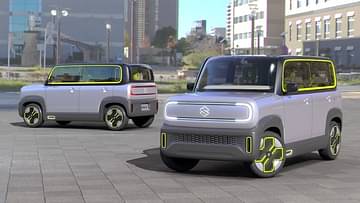
Battery And Range
Achieving the stringent cost targets set for the K-EV is contingent on a substantial degree of localization, potentially extending to the battery cell level. Currently, Suzuki Motor has established a joint venture battery plant with Denso and Toshiba for its hybrids. Additionally, the company has partnered with BYD to source blade cells for its forthcoming eVX-based mid-size electric SUV. However, the identity of the battery supplier for the K-EV remains unclear.
Going by the target segment, the range will be kept looming somewhere around the 300-350 km mark. This has remained standard in the small EV car segment with its use case generally hovering around urban city use.
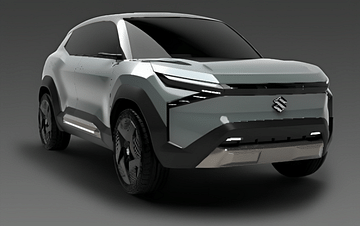
With the Maruti eVX hitting the showrooms in 2025, the smaller EV targeting Tata Tiago EV is poised to debut in 2026-27.
Verdict
Also, Read- Mahindra XUV400 Pro Launched: How Different Is It From Regular Version

